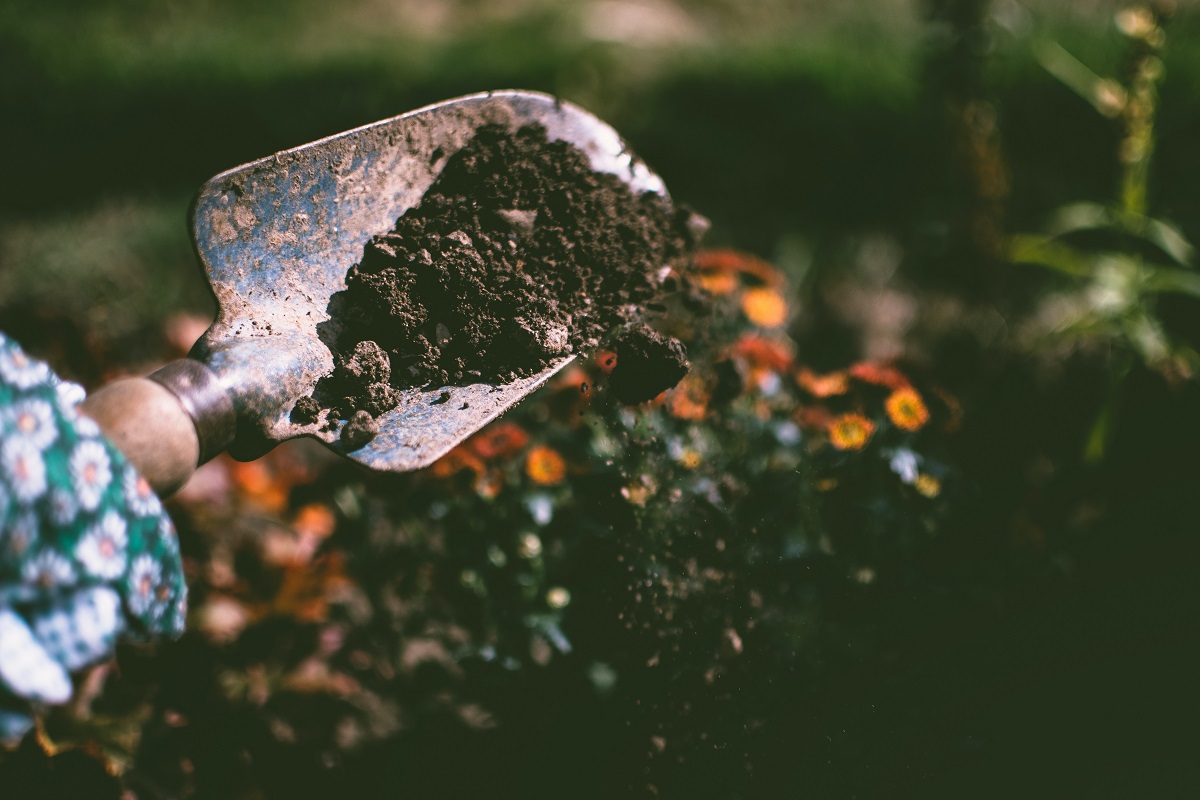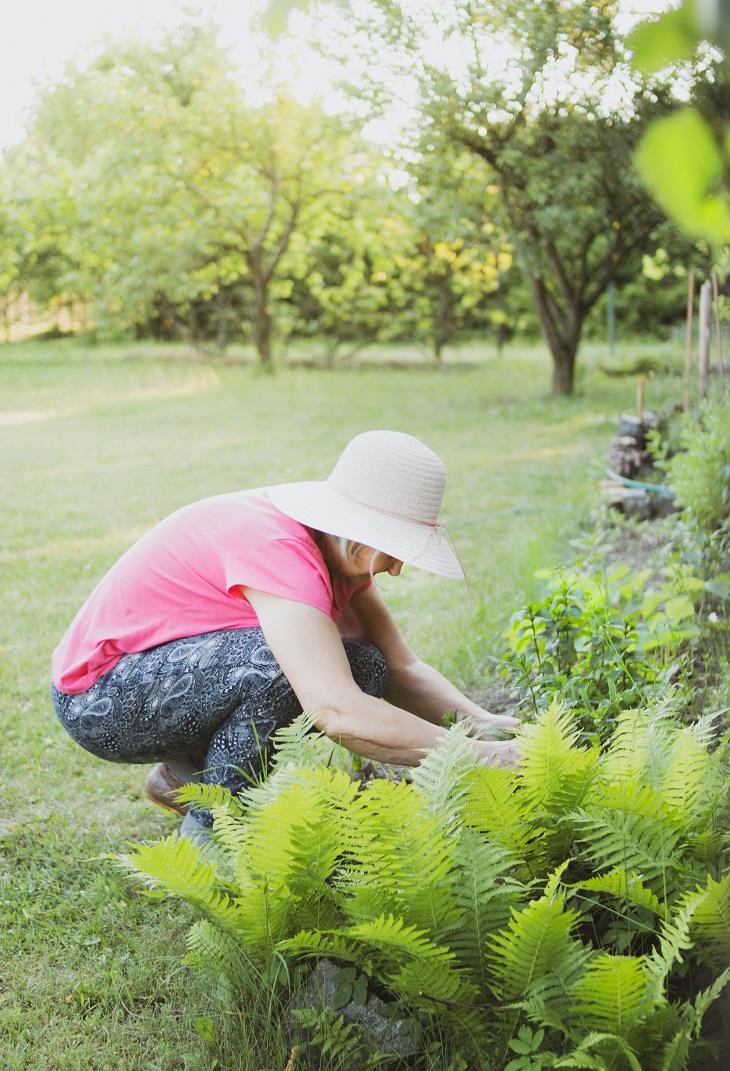Gardening provides a healthy, natural alternative therapy for many mental health conditions.
Hands dug deep into the dirt with a bead of sweat rolling down the side of her cheek, Donna Carson shrugs off the heat of the hot, blistering Houston sun. Despite being covered in dirt and sticky from the shroud of inescapable, coastal humidity, she sighs, “gardening is my therapy.” Donna is not alone in her observation of the mental health benefits offered by gardening. Recently, a new study homed in on this concept and found that practicing gardening or art therapy for one hour, twice a week improves self-reported depression, stress and anxiety for healthy women aged 20-49.
Despite the novelty of the study, horticultural therapy is nothing new, and has deep roots in American history. The concept of horticultural therapy was first proposed as an alternative treatment practice by Dr. Benjamin Rush in the early 19th century. Dr. Rush was a renowned physician who was one of the first to claim that mental disorders contain a physical cause as opposed to the popular belief of the time that insanity stemmed from demon possession. Dr. Rush’s theories were so groundbreaking, he was given the opportunity to sign the Declaration of Independence.
Horticultural therapy fell to the wayside in the wake of Freud and the popularization of psychoanalysis but enjoyed a resurgence during the environmentalist movement of the mid-90s. Gardening, however, is not just for new-age hippies.

More recently, the concept of gardening has been a way for many to cope with COVID-19 lockdowns. Many found that caring for small plants in uncertain times gave them a sense of control over their surroundings. Moreover, being outside and absorbing fresh sunlight causes the release of serotonin and dopamine which are also referred to as the “happy hormones.” Increasingly, therapists and physicians have been studying the positive effects that gardening has on the body and mind.
For instance, the American Horticultural Therapy Association (AHTA) certifies horticultural therapy clinics across America. AHTA establishes guidelines to help gardens become a calming space for all to enjoy. Certain considerations such as walkability and utilization of plants for every season makes therapy gardening a year-long pursuit. Additionally, many colleges and universities offer degrees and certifications to those wishing to help others with gardening. As a result, therapy gardens have been cropping up around the United States like an abundant fall harvest.
Horticultural therapy has become available to many different demographics from recovering addicts to shell-shocked soldiers to dementia patients. As a practice, gardening as therapy has presented a drug-free alternative to those suffering from depression and other mental ailments. Many see treating mental health without the use of psychotropic drugs as a necessary alternative because one in four Americans use antidepressants which have recently been called into question along with the serotonin hypothesis by Joanna Moncrieff in an article published by UCL.
One can imagine that psychiatrists and psychologists in the future may be repeating the mantra of a mother tired of her kids wrecking the house saying, “just go outside.” Funnily enough, many memes on the Internet mirror the observation that worries and anxieties stem from a disconnection with nature. A popular phrase posted in rebuttal to a frustrated individual on online forums is, “go touch grass.” Maybe there is wisdom in these simple words. Like Voltaire writes in his novel Candide, “We must cultivate our garden.”
Sources:
Benjamin Rush | United States statesman and physician
The Importance of Gardening During the COVID-19 Pandemic : Newsroom
Joanna Moncrieff | Psychiatry – UCL – University College London


Join the conversation!